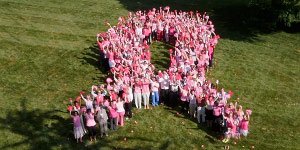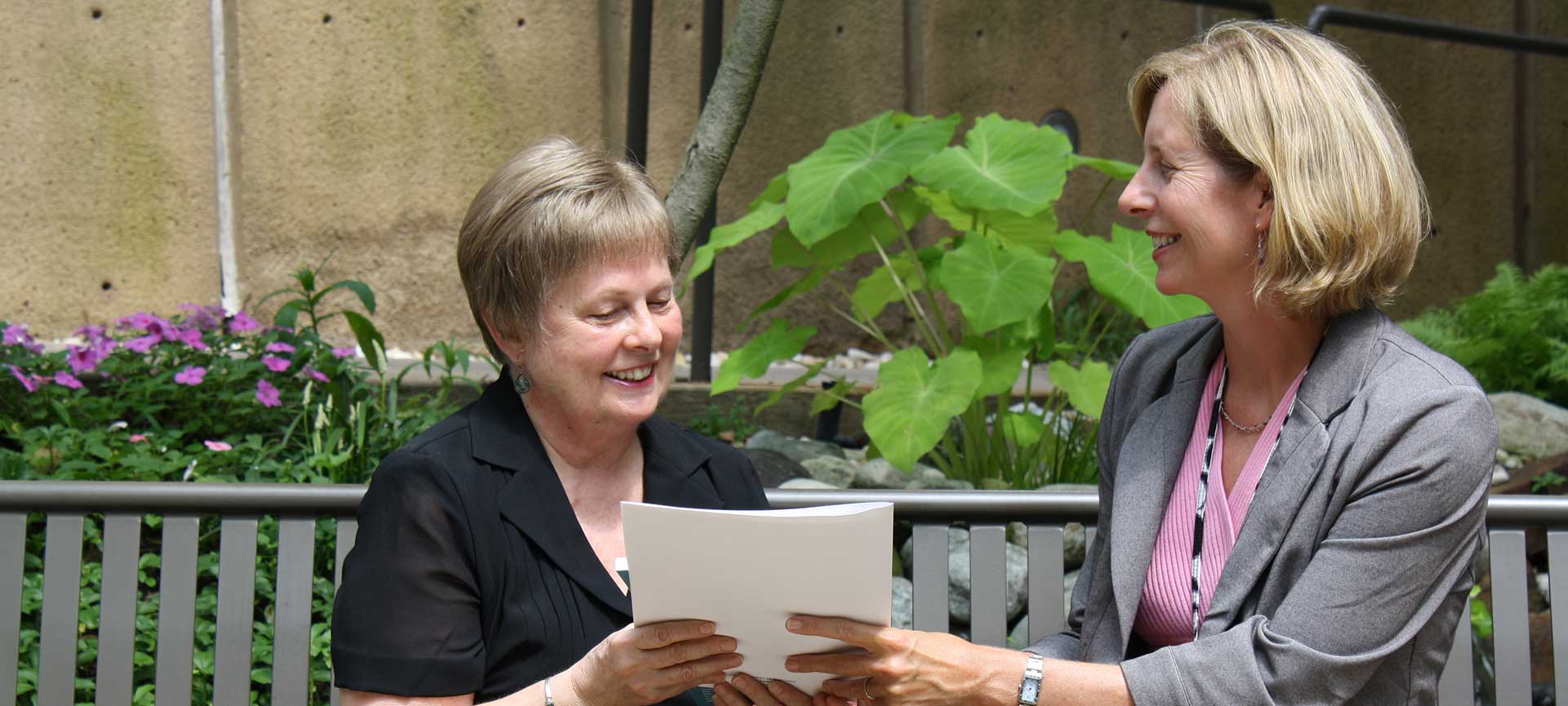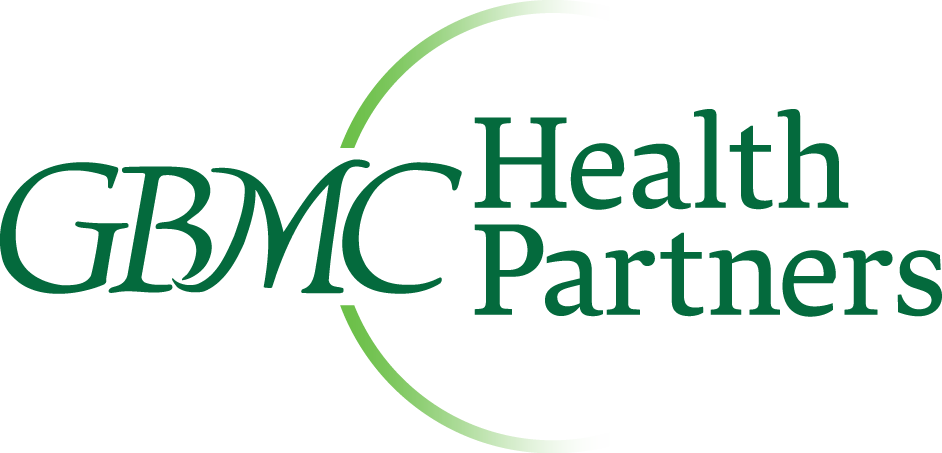Error message
Warning: unserialize(): Error at offset 0 of 62 bytes in Drupal\hg_features\Controller\APIController->export() (line 527 of modules/custom/hg_features/src/Controller/APIController.php).
Drupal\hg_features\Controller\APIController->export() (Line: 249) Drupal\hg_features\Controller\ContentAPIController->export() (Line: 461) Drupal\hg_features\Controller\NodeAPIController->export() (Line: 916) Drupal\hg_features\Controller\NodeAPIController->list() (Line: 450) Drupal\hg_mercury_card\Plugin\Block\ContentFeedBlock->__construct() (Line: 718) Drupal\hg_mercury_card\Plugin\Block\ContentFeedBlock::create() (Line: 21) Drupal\Core\Plugin\Factory\ContainerFactory->createInstance() (Line: 76) Drupal\Component\Plugin\PluginManagerBase->createInstance() (Line: 62) Drupal\Core\Plugin\DefaultSingleLazyPluginCollection->initializePlugin() (Line: 57) Drupal\block\BlockPluginCollection->initializePlugin() (Line: 80) Drupal\Component\Plugin\LazyPluginCollection->get() (Line: 45) Drupal\block\BlockPluginCollection->get() (Line: 88) Drupal\Core\Plugin\DefaultSingleLazyPluginCollection->setConfiguration() (Line: 104) Drupal\Core\Plugin\DefaultSingleLazyPluginCollection->addInstanceId() (Line: 55) Drupal\Core\Plugin\DefaultSingleLazyPluginCollection->__construct() (Line: 34) Drupal\block\BlockPluginCollection->__construct() (Line: 158) Drupal\block\Entity\Block->getPluginCollection() (Line: 147) Drupal\block\Entity\Block->getPlugin() (Line: 118) Drupal\block\BlockAccessControlHandler->checkAccess() (Line: 109) Drupal\Core\Entity\EntityAccessControlHandler->access() (Line: 329) Drupal\Core\Entity\EntityBase->access() (Line: 63) Drupal\block\BlockRepository->getVisibleBlocksPerRegion() (Line: 138) Drupal\block\Plugin\DisplayVariant\BlockPageVariant->build() (Line: 270) Drupal\Core\Render\MainContent\HtmlRenderer->prepare() (Line: 128) Drupal\Core\Render\MainContent\HtmlRenderer->renderResponse() (Line: 90) Drupal\Core\EventSubscriber\MainContentViewSubscriber->onViewRenderArray() call_user_func() (Line: 111) Drupal\Component\EventDispatcher\ContainerAwareEventDispatcher->dispatch() (Line: 186) Symfony\Component\HttpKernel\HttpKernel->handleRaw() (Line: 76) Symfony\Component\HttpKernel\HttpKernel->handle() (Line: 53) Drupal\Core\StackMiddleware\Session->handle() (Line: 48) Drupal\Core\StackMiddleware\KernelPreHandle->handle() (Line: 28) Drupal\Core\StackMiddleware\ContentLength->handle() (Line: 201) Drupal\page_cache\StackMiddleware\PageCache->fetch() (Line: 138) Drupal\page_cache\StackMiddleware\PageCache->lookup() (Line: 87) Drupal\page_cache\StackMiddleware\PageCache->handle() (Line: 48) Drupal\Core\StackMiddleware\ReverseProxyMiddleware->handle() (Line: 51) Drupal\Core\StackMiddleware\NegotiationMiddleware->handle() (Line: 36) Drupal\Core\StackMiddleware\AjaxPageState->handle() (Line: 51) Drupal\Core\StackMiddleware\StackedHttpKernel->handle() (Line: 741) Drupal\Core\DrupalKernel->handle() (Line: 19)
Warning: unserialize(): Error at offset 0 of 62 bytes in Drupal\hg_features\Controller\APIController->export() (line 527 of modules/custom/hg_features/src/Controller/APIController.php).
Drupal\hg_features\Controller\APIController->export() (Line: 249) Drupal\hg_features\Controller\ContentAPIController->export() (Line: 461) Drupal\hg_features\Controller\NodeAPIController->export() (Line: 916) Drupal\hg_features\Controller\NodeAPIController->list() (Line: 450) Drupal\hg_mercury_card\Plugin\Block\ContentFeedBlock->__construct() (Line: 718) Drupal\hg_mercury_card\Plugin\Block\ContentFeedBlock::create() (Line: 21) Drupal\Core\Plugin\Factory\ContainerFactory->createInstance() (Line: 76) Drupal\Component\Plugin\PluginManagerBase->createInstance() (Line: 62) Drupal\Core\Plugin\DefaultSingleLazyPluginCollection->initializePlugin() (Line: 57) Drupal\block\BlockPluginCollection->initializePlugin() (Line: 80) Drupal\Component\Plugin\LazyPluginCollection->get() (Line: 45) Drupal\block\BlockPluginCollection->get() (Line: 88) Drupal\Core\Plugin\DefaultSingleLazyPluginCollection->setConfiguration() (Line: 104) Drupal\Core\Plugin\DefaultSingleLazyPluginCollection->addInstanceId() (Line: 55) Drupal\Core\Plugin\DefaultSingleLazyPluginCollection->__construct() (Line: 34) Drupal\block\BlockPluginCollection->__construct() (Line: 158) Drupal\block\Entity\Block->getPluginCollection() (Line: 147) Drupal\block\Entity\Block->getPlugin() (Line: 118) Drupal\block\BlockAccessControlHandler->checkAccess() (Line: 109) Drupal\Core\Entity\EntityAccessControlHandler->access() (Line: 329) Drupal\Core\Entity\EntityBase->access() (Line: 63) Drupal\block\BlockRepository->getVisibleBlocksPerRegion() (Line: 138) Drupal\block\Plugin\DisplayVariant\BlockPageVariant->build() (Line: 270) Drupal\Core\Render\MainContent\HtmlRenderer->prepare() (Line: 128) Drupal\Core\Render\MainContent\HtmlRenderer->renderResponse() (Line: 90) Drupal\Core\EventSubscriber\MainContentViewSubscriber->onViewRenderArray() call_user_func() (Line: 111) Drupal\Component\EventDispatcher\ContainerAwareEventDispatcher->dispatch() (Line: 186) Symfony\Component\HttpKernel\HttpKernel->handleRaw() (Line: 76) Symfony\Component\HttpKernel\HttpKernel->handle() (Line: 53) Drupal\Core\StackMiddleware\Session->handle() (Line: 48) Drupal\Core\StackMiddleware\KernelPreHandle->handle() (Line: 28) Drupal\Core\StackMiddleware\ContentLength->handle() (Line: 201) Drupal\page_cache\StackMiddleware\PageCache->fetch() (Line: 138) Drupal\page_cache\StackMiddleware\PageCache->lookup() (Line: 87) Drupal\page_cache\StackMiddleware\PageCache->handle() (Line: 48) Drupal\Core\StackMiddleware\ReverseProxyMiddleware->handle() (Line: 51) Drupal\Core\StackMiddleware\NegotiationMiddleware->handle() (Line: 36) Drupal\Core\StackMiddleware\AjaxPageState->handle() (Line: 51) Drupal\Core\StackMiddleware\StackedHttpKernel->handle() (Line: 741) Drupal\Core\DrupalKernel->handle() (Line: 19)
Survivorship Program at GBMC
Helping patients and families bridge the gap between cancer and life after treatment
GBMC's philosophy is that survivorship begins at "hello." Comprehensive and continuous services are in place to support patients during treatment and help them transition to life after treatment. After cancer diagnosis, "normal life" is redefined and finding a "new normal" becomes the challenge. The Survivorship Program helps patients and families find their way through the emotional and physical aspects of this transition. At the completion of their treatment, patients are asked to ring the Survivorship bell in the Healing Garden as a symbol of their recovery.
As a GBMC cancer patient, you are eligible to receive a personalized Treatment Summary and Survivorship Care Plan.

Felicity Kirby, RN, BSN, OCN
Survivorship Coordinator
Felicity works as GBMC's Survivorship Coordinator. She helps patients and families better understand and prepare for life after cancer treatment and assists with any challenges they face during this transition. Felicity received her Associate's Degree in Nursing from Allegany Community College of Maryland and earned her Bachelor's Degree in Nursing from the University of Maryland.

Virtual Wall of Overcomers
We will miss seeing you in person at our annual Cancer Survivor Celebration. In lieu of our gathering, we invite you to share your picture and become part of our virtual wall of GBMC overcomers. Submit Your Photo!
Our Services
Patients and families are encouraged to meet with the Survivorship Coordinator following their last treatment. The Survivorship Coordinator will talk about what to expect in the short and long term and will address any questions and concerns.
Patients will receive a personalized Plan of Care and treatment summary. These provide a comprehensive outline of treatments that have been received over the course of their illness and additional information about follow up care. It also provides information on lifestyle changes that can be made to reduce the risk of cancer recurrence.
The Plan of Care also provides these pieces of important information:
- Date of diagnosis
- Type of cancer
- Pathology reports documenting the type and stage of cancer
- Places and dates of treatments
- Any problems that occurred during treatment

Survivorship Begins with Diagnosis
Joyce was diagnosed with fallopian tube cancer in the summer of 2014, and her journey to recovery had a difficult beginning. She was referred to a local hospital for chemotherapy, but her calls to schedule appointments went unanswered.
Frequently Asked Questions
What survivorship services are available at GBMC?
The Survivorship Coordinator and other members of the Survivorship team will work with you to identify areas where you can make positive changes in your life. Among other benefits, you can expect help dealing with the fear that your cancer might come back, as well as other emotions you may be experiencing as a result of your diagnosis. You can also expect help with:
- Managing some of the side effects of cancer treatment including physical and body image concerns
- Regaining your physical strength and tips on how to live as actively as possible
- Making positive changes in your diet and maintaining a healthy weight
- Learning to live fully and dealing with concerns you might have if returning to work
What can cancer survivors expect to learn post-treatment?
- How progress will be tracked in the future, to watch for cancer spread, recurrence or new cancers
- What side/late effects of treatment to expect
- Lifestyle changes to make to prevent new cancers or lower risk
What are some services that can be provided post-treatment?
Along with a summary of cancer diagnosis and treatments, patients will be offered:
- Assistance organizing and coordinating care between all providers and specialists
- Assistance with other practical areas such as finances, work and legal
Related Services

Cancer Services at GBMC - Sandra and Malcolm Berman Cancer Institute
6715 N. Charles St
Sandra R. Berman Pavilion
Towson, MD 21204
Phone: (443) 849-3051

Oncology Support Services at GBMC
6715 N. Charles St.
Sandra R. Berman Pavilion - Suite 118
Towson, MD 21204
Phone: (443) 849-2961


